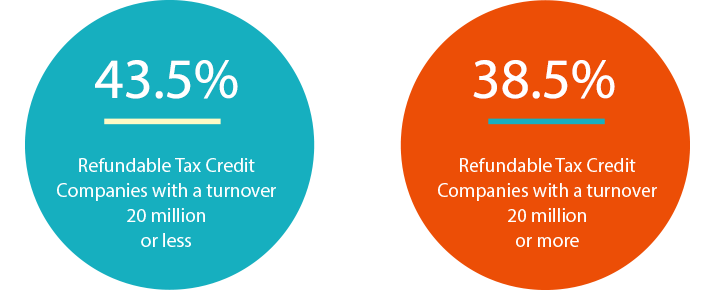Is a 401k Loan Taxable? Understanding the Tax Implications and Benefits
When considering financial options for urgent needs, many individuals ponder, is a 401k loan taxable? This question is crucial as it affects your overall fi……
When considering financial options for urgent needs, many individuals ponder, is a 401k loan taxable? This question is crucial as it affects your overall financial strategy and future retirement savings. A 401(k) loan can be an attractive solution for those in need of quick cash, offering the ability to borrow against your retirement savings without the stringent approval processes typical of traditional loans. However, understanding the tax implications of such a loan is vital to making an informed decision.
First, let’s clarify what a 401(k) loan entails. When you take a loan from your 401(k), you are borrowing money from your own retirement savings. The IRS allows you to borrow up to 50% of your vested balance, or a maximum of $50,000, whichever is less. The loan must be repaid within five years, and you will pay interest on the amount borrowed, which goes back into your account.
Now, addressing the core question: is a 401k loan taxable? The answer is nuanced. Generally, a 401(k) loan is not considered taxable income as long as you repay the loan according to the terms set by your plan. However, if you fail to repay the loan, the outstanding balance may be treated as a distribution, which would be subject to income tax and potentially an early withdrawal penalty if you are under the age of 59½.
It's also essential to consider that taking a loan from your 401(k) can impact your retirement savings. While you are repaying the loan with interest, those funds are not invested in the market, which could lead to a decrease in your overall retirement savings growth. This is a critical factor to weigh when deciding if a 401(k) loan is the right choice for your financial situation.

Moreover, if you leave your job while you have an outstanding 401(k) loan, the entire loan amount may become due immediately. If you cannot repay it, the remaining balance could be considered a distribution, leading to tax implications and penalties. Therefore, understanding the terms of your specific 401(k) plan is paramount.
In conclusion, while a 401(k) loan can provide immediate access to cash, it is essential to consider the potential tax implications and impact on your retirement savings. Always consult with a financial advisor or tax professional to ensure that you understand the consequences of borrowing from your retirement fund. The question, is a 401k loan taxable, is not merely about tax liability; it encompasses a broader view of your financial health and future retirement goals.
